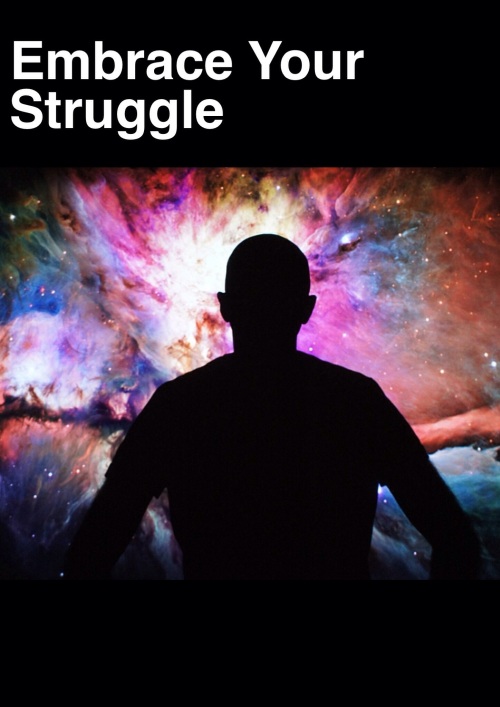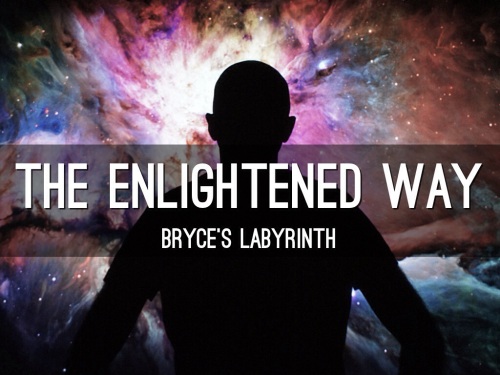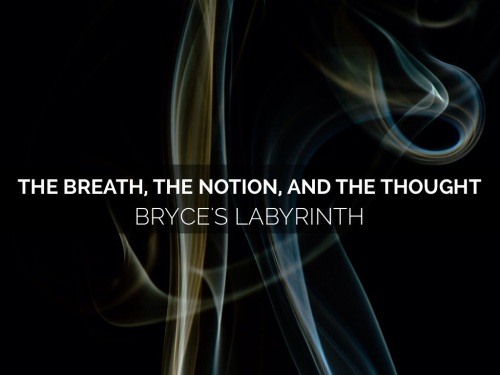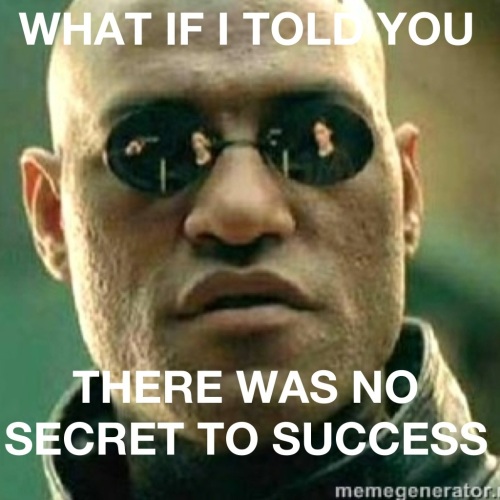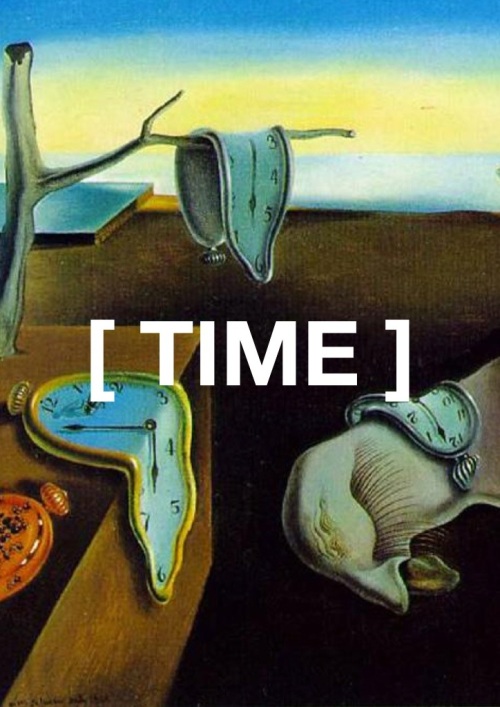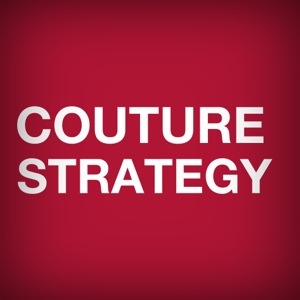Wax Inamorata
About 10 months ago I started asking myself and those around me what was the nature of reality. Looking back, the question was exceedingly naive, but only because the journey to where I find myself now has been so laborious. To go from card-carrying idealist, to newly converted materialist is about as striking as one can transform, but it rely underscores the dedication I have put into my cognitive and professional development.
This journey has been about an excursion into one’s self, only to realize that the perceived structure of that self was mostly an elaborate illusion. So, shedding layer upon layer of delusion at breakneck speed, I’ve forced myself to endure the shame and nakedness that enlightenment so often brings. Enlightenment is so often colored with delicate hues and empyrean settings, but the cruel reality is that enlightenment, the elucidation of self, is a frightening and painful ordeal. You must part from concepts and beliefs that formed the foundation of who you found yourself to be. Enlightenment in its most concentrated form is more akin to a furnace than the warm rays of a summer afternoon.
Yet, strength is built up and you are formed as a new creature indeed.
My goals have shifted much in this last year, from enterprising entrepreneur, to subtle academic turned clinician learning to tinker with the delicate knobs of human existence. Although intuition would lead one to belief myriad things about our nature of being, empirics have lead scientists to almost unfathomable promised lands. This appealed to me as I felt the pining of a self that didn’t merely wish to optimize the interactions between man and his surroundings, but to truly understand them on a level that fostered accelerated optimization that could lead to lasting success.
Many of us can be good at making money or brokering trades — I simply wish to understand why.
My goals have promptly shifted, clearly, and I have been in the process of reorienting my trajectories as a result. By and large, my future is much more to my liking.
However, I’m at the age at which many of us are fulfilling biological needs, namely, settling down and starting families. We are genetically predisposed to want to have children and pass on our genes: we are the most evolved of Earth’s carriers of the “life-algorithm”. But, our complex evolution has brought us to varying stages in which we through environmental and experiential circumstances choose to delay or completely override these transcripted instructions. Hence why Gen-Y has pushed off child rearing en masse and opted for social successes first.
I digress.
I live in LA but I would go apeshit if given the opportunity to study at MIT, Columbia, or Harvard, the hallowed grounds of many psychological and neuroscientific movements. In my mind’s eye, I am more than qualified to hang with the big boys and deeply contemplate the inner universes that we all carry. This is my nearly monothematic drive at this point; I am singularly focused on the attainment of this aspiration.
How do I fit a woman into this narrative? Well, thats another intriguing morsel I’ve found myself chewing on…
Over the summer, I wrote “Why I’m Not Ready For A Relationship” and systematically eviscerated my younger self. My goal was not wanton self-deprecation, but instead it was a healing and learning process for my inclination towards narcissism. In the present, I tend to be fully convinced of my plans in toto or at the very least the tools at my employ to put together plans. Thus, I tend to be hardheaded and resistant to correction in the moment. That article was a not-so-subtle reminder to the modes of thought I often use and a guide to the pitfalls I should avoid.
As a young man, I was extremely self-conscious and socially insecure with regards to my physical appearance. It followed that I was unequivocally attracted to gorgeous women who made me feel attractive. I projected my broken self-image onto them and used the reflection as a de facto sense of status. However in that process I rarely took the time to parse out who these women actually were and if they were a good fit for me.
I’ve honestly never considered what I wanted in a woman. As long as I could celebrate her outer beauty and tolerate her inner self, I was good.
This has been a disastrous method, clearly.
But, again, my relentless questioning about what constitutes reality made this revelation possible. Many external viewers, mainly friends and family, already knew this and told me on several occasions. But, the brain must become emotionally connected to concepts if it is to value them; I had no emotional connection to my own shortcomings — I wasn’t denying them; I was utterly unaware of them.
So, here I am, an aspiring doctor of the mind, considering what I actually want in the woman I “choose” to spend the rest of my life with. While this question is anything but easy for me, I think I know enough about what I don’t want and what doesn’t jive with my personality to lay the foundations for a coherent description of what this woman may be like.
The first and most critical aspect is that I am not creating a hard list of things I must have. Just like I’ve matured from a few years ago, I will continue to mature, grow, and improve as a man, scientist, and whatever identification associated with me.
My first professional scolding came from my second internship in college where my supervisor, tired of my attitude, called me into her office and told me I was emotionally immature. My responses were consistent with someone who lacked control over his inner world and this was a problem: she shouldn’t be the recipient of whatever crap I was going through; I was 22. Over the last four years, I have done everything I can do to modulate my emotional responses to positive and adverse stimuli and although I have a very long way to go, I think I’ve made considerable progress. A major thing I want in a partner is that same dedication to personal improvement. Whether it be emotional or intellectual, I will be captivated by a woman who is invested in her inner wealth.
On the topic of intellect, I require a certain type of mind. Less about brute IQ or the ability to regurgitate information, I will be deeply intrigued by a woman whose cognitive architecture is complex and rigorous. She would be the type of person whose mental contents would be supported by a masterful mental framework. How she thinks would keep our conversations lively…
But, the appropriate “how” must be offset by cognitive flexibility. She does not have to think like me, but must remain open to alternative modes and methods. An “open” mind whose interests include the mental gymnastics concomitant with intellectual inquiry. She will be someone who is comfortable — no, longs — to embrace the nakedness, the discomfort that comes with enlightenment.
That enlightenment process is about vulnerability. I am notoriously difficult to coax into vulnerability and my goal would be to embark on the intellectual, emotional, and affective journey with someone who desired to become vulnerable to me as well.
Vulnerability done right leads to intense loyalty. Although brain science has some scary things to say about hormones and a proclivity for infidelity, I rest assured that the woman of my “choosing” will find herself as dedicated to me as I will be to her.
I can be extremely pessimistic, especially in my moods, so the woman that knows when to reach out to me and when to leave me be will point to someone that understands me. My personality is one that requires a strong counterpart, I can be intense and insensitive. I can’t say “she has to be stable” because that creates too much vagary, but along the same lines of the mental frameworks, the emotional frameworks must be in order. If she is flying all over the place emotionally, we are bound to hit walls.
I honestly don’t care about her race, job description, or any of those types of descriptors: she can be a physician from Senegal or an administrative assistant from Montana. Its more about the construction of her mind than anything else. I, of course, have may physical “types” and appearances that I am attracted to, but those are rather diverse. More background noise than coherent decisional dialogue, but you can bet your ass I will think she’s the most beautiful woman on the planet..
So, that is what what I look for. If I never find it, you can find me on a campus near you considering the fabric of the cosmos and their correlates in the brain, haha. I’m very happy with my progress thus far and I know that my future is as bright as I can conceive it, romance included.
bryce


